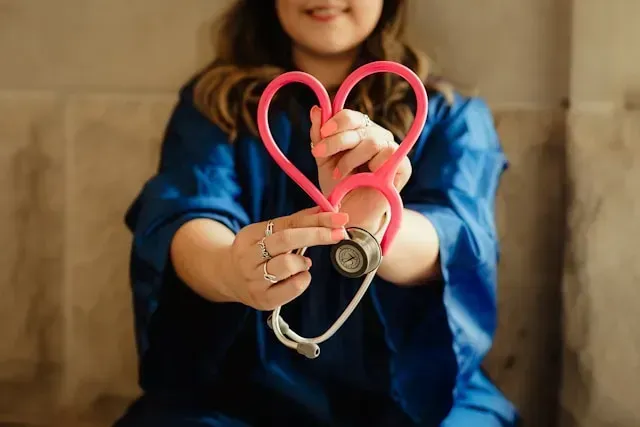
Communication in Nursing
Discover the importance of effective communication in nursing with Carepatron. Learn valuable strategies and techniques to enhance your communication skills as a nurse.
Get carepatron free
Commonly asked questions
In nursing, the communication process involves the exchange of information between healthcare providers, patients, and their families to ensure effective care delivery and understanding of medical information.
Effective communication strategies for nurses include active listening, clear and concise language, empathy, and cultural competence to foster trust and promote patient engagement.
Communication is useful in every part of the nursing process, from assessment and planning to implementation and evaluation. It facilitates collaboration, ensures patient-centered care, and promotes positive outcomes.







